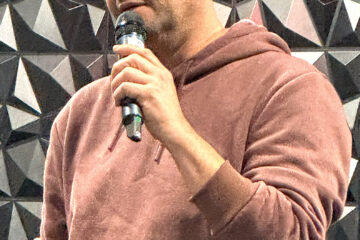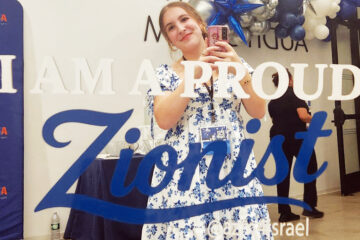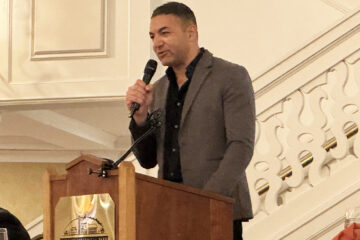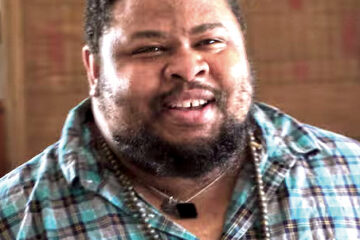Hillel Academy celebrates six decades
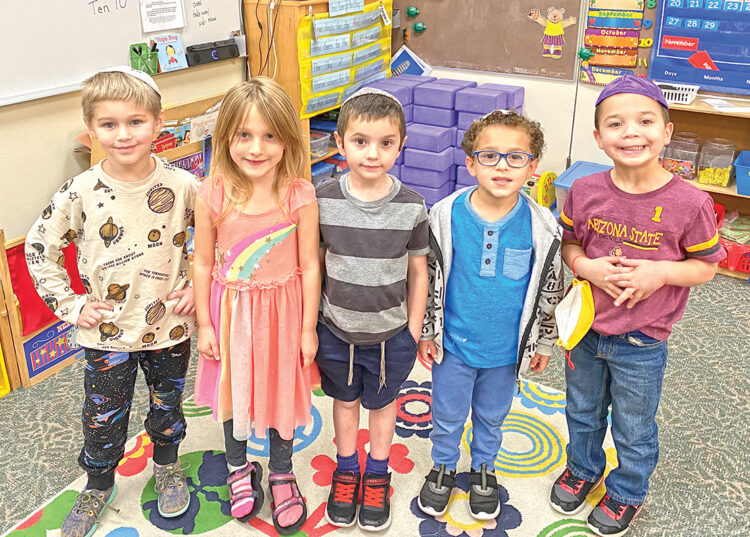
‘Evolving with the times,’ K-6 Jewish day school thrives with project-based learning
By Marshall Weiss, The Dayton Jewish Observer
When Hillel Academy opened as Dayton’s first Jewish day school in September 1961 — with just a kindergarten — the little fanfare it garnered was in Dayton’s daily papers. Nothing about it was included in the Jewish Community Council News, the monthly newsletter of what is now the Jewish Federation. Even Anne Hammerman, editor of the Dayton Jewish Chronicle, and a staunch advocate of Jewish education, had expressed her ambivalence toward the project at the beginning.
“The Jewish community of Dayton is all astir concerning the establishment of a Jewish day school this fall,” she wrote in the June 30, 1961 Dayton Jewish Chronicle.
“As can be expected, there is much to be said for and against such a project in this community…One thing for sure, one cannot be passive about this issue. You are either for or against it and thinking parents and individuals have valid arguments in both directions.”
Earlier that month, Asher Bogin, Charles B. Fox, and Keith Saeks filed articles of incorporation for Hillel with the state of Ohio. Saeks would serve as Hillel’s first president. Also on that first board was Herbert Jaffe, Lloyd Jaffe, Albert Kuhr, Beth Jacob Congregation Rabbi Samuel Fox, and Beth Abraham Synagogue Rabbi Joseph Sternstein.
They hired a young husband and wife from New York, Rabbi Bertram A. Leff (26) and Gloria Leff (21), to oversee the school: the rabbi as its principal, his wife to teach kindergarten. Classes for the six students were first held at the old Beth Jacob on Kumler Avenue in Dayton View.
In a previous interview with The Observer, Rabbi Samuel Fox said he and his wife, Miriam, went house to house to recruit children for Hillel. Their son Joshua was a student in the first class.
“People wanted more for their children than just a smattering of knowledge,” the rabbi said. “Then again, I can’t say the community was in favor of it. Let’s say the Jewish Community Council, they had their own vested interest. They realized that a day school would make more outlay of money. There were some that oppose day school altogether; they believe in public education on those grounds.”
But the persistence of a small group of parents brought Hillel Academy into being. “We had meetings at our house and I remember some of them saying, ‘Rabbi, why didn’t you bring us through the front door?’” Fox recalled. “I said, ‘It wouldn’t have gotten through the front door.’ We did a lot of groundwork and got a lot of people interested in it, so the Federation went along.”
By December 1961, Hammerman proclaimed in the Dayton Jewish Chronicle that “the Hillel Academy is now an active force in the community and will surely be instrumental in the years to come in enriching Jewish life and culture in Dayton.”
Across the ups and downs and cultural and religious changes of six decades, Hillel Academy’s staff and parents, leaders and donors have brought to the current generation a Jewish day school that not only survives but thrives.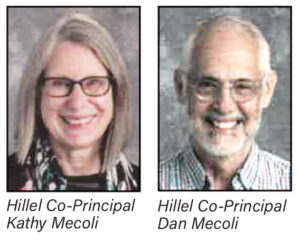 For the last 11 years, Hillel has been entrusted to the care of another husband-and-wife team, Co-Principals Kathy and Dan Mecoli. It’s likely the Mecolis have been Hillel’s longest serving administrators.
For the last 11 years, Hillel has been entrusted to the care of another husband-and-wife team, Co-Principals Kathy and Dan Mecoli. It’s likely the Mecolis have been Hillel’s longest serving administrators.
Their approach with Hillel’s 47 current students in grades K through six, Kathy Mecoli said, is to change structures in response to the children’s needs.
“We change it up and that has to happen here because we’re such a small entity,” she said. “If you don’t change it up, it just doesn’t work.”
Dr. Michael Davidson, now 66, was in that first kindergarten class of 1961-62. “We had four girls and seven boys,” he recalled of the years with those in his grade.
“Then Shel Bassel came and made it eight boys and four girls. That was the first class. The girls left at, like, sixth or seventh grade, because their parents were worried about the social life for the girls.”
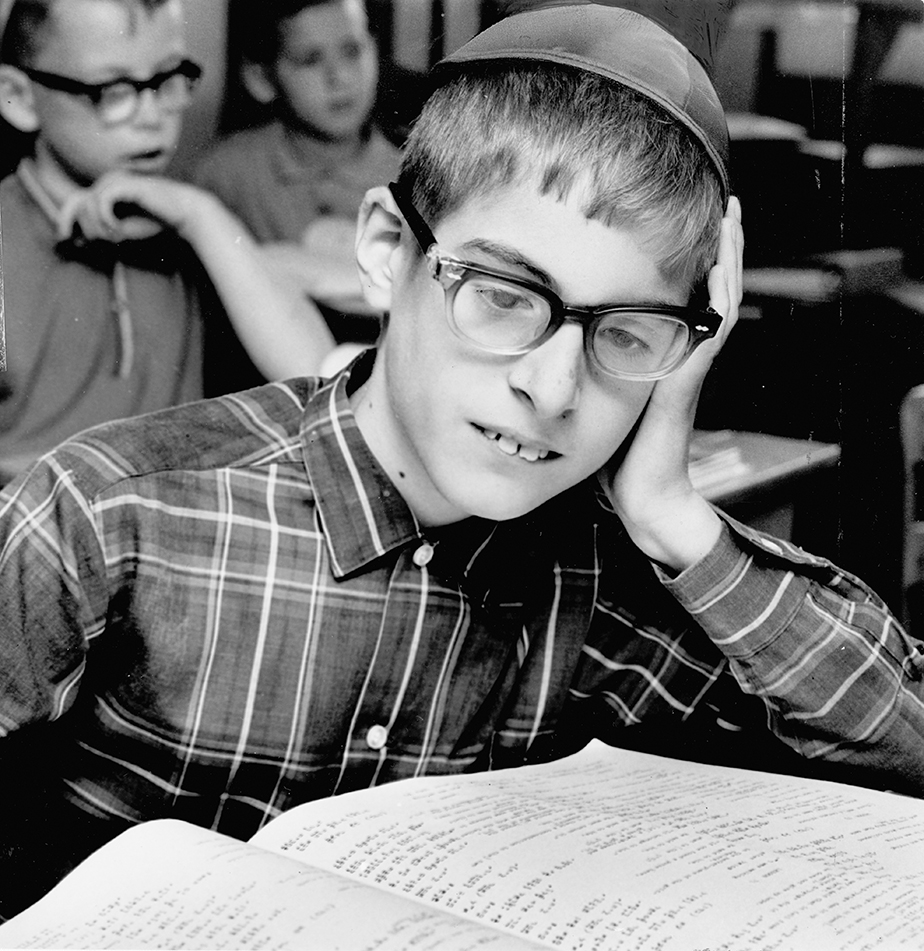
Now a cardiologist in Chicago, Davidson said his parents grew up in small towns and neither had any Jewish education.
“They had a strong Jewish identity,” he said. “They wanted to see their kids get a better Jewish education.”
Some of his classmates’ fathers were rabbis and some of the boys in that first class would become rabbis, Davidson said. But he added many were not from Orthodox homes. Two families belonged to Temple Israel, Dayton’s only Reform congregation at the time.
By 1967, 118 children were enrolled at Hillel from pre-K through fifth grade. Bursting at the seams, the school’s location rotated among classrooms at Beth Abraham and Beth Jacob, and even a Dayton View church.
Davidson’s eighth-grade class graduated from Hillel in 1970.
“They had a really concerted effort to make us feel like we were pioneers,” he said. “Even bringing us back for the graduations and award ceremonies. We really felt proud about who we were, what we were doing, and what we were trying to accomplish for the Dayton Jewish community.”
Parents presented their children with their graduation certificates, designed by classmate Shel Bassel, now a Jerusalem-based sofer (ritual scribe).
Bassel said he learned how to use a calligraphic pen and started to teach himself Hebrew and English calligraphy at Hillel.
“Perhaps the biggest impact was a love for Jewish learning,” Bassel recalled of Hillel. “I still remember Mr. Cziegler teaching me Rashi on Chumash for the first time and it opened a new world for me. I totally fell in love with learning Gemara and that has been an anchor to my Judaism throughout my life.”
Hillel moved to its own building on Woodbury Drive in Harrison Township in 1973 and opened its high school in 1977. Its student population peaked in the early 1990s, at 190 students, with nearly 50 in the high school. But because of a shrinking Jewish community, declining enrollment, and budgetary constraints, Hillel discontinued its high school grades in 1999 and 2000.
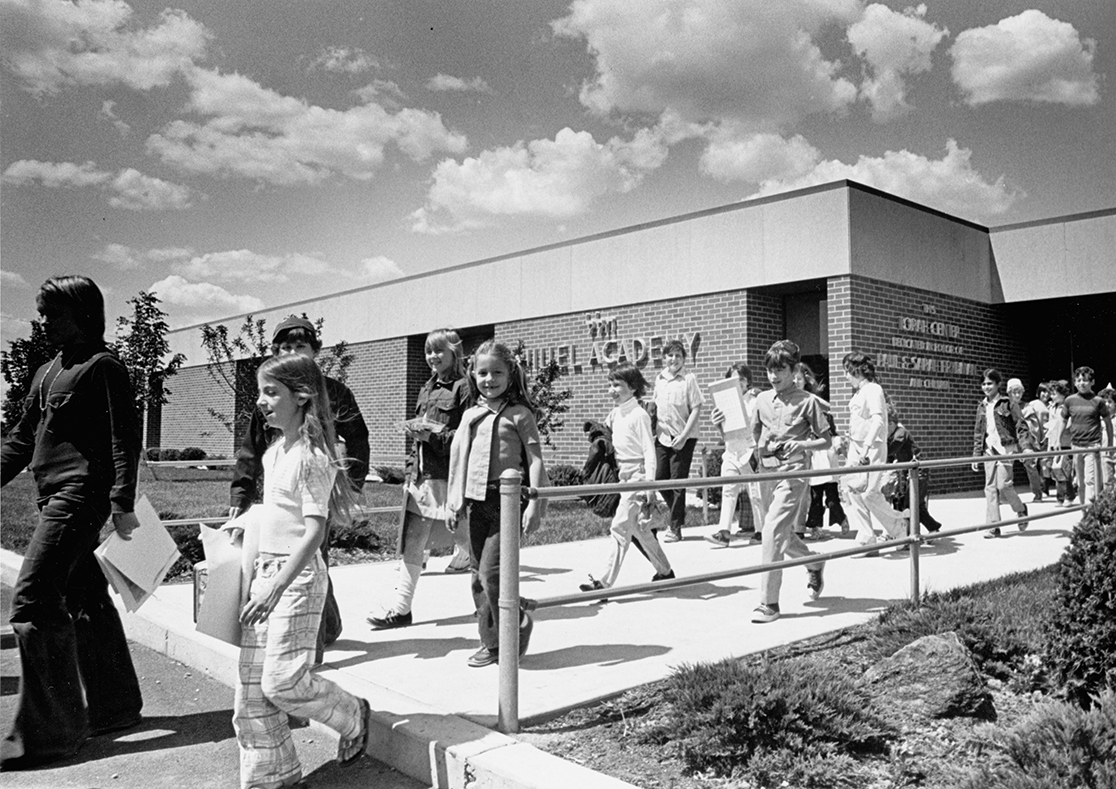
With the population shift of Jewish households from the suburbs north of Dayton to the suburbs to the south, Hillel moved in 2010 to the third floor of Beth Abraham’s new home at Sugar Camp in Oakwood.
Hillel’s board hired the Mecolis to run the school 11 years ago, with only 22 students enrolled in grades K to four. The school’s goal was to increase enrollment to 50.
When the Mecolis arrived, the school had been through a “clean sweep.” With the precipitous drop in enrollment, all teachers were made to reapply for their jobs the year before. Few had been rehired.
“They didn’t think the academic component was as strong as it should be,” Kathy Mecoli said. “It was kind of an awkward time to come in because tensions were high. And then there were different attitudes about the Jewish component of Hillel: was it truly eclectic, was everybody welcome? We were at an advantage there because, not being Jewish, everybody would talk to us.”
The Mecolis asked the parents and local rabbis what they loved about Hillel, what they wouldn’t want to see changed, and what they would like to see changed and developed.
The focus of the Mecolis’ approach is project-based learning. And each year’s projects grow organically out of the interests of Hillel’s students and teachers.
“We began to bring artists to the school as opposed to, here’s the science class, here’s the social studies class. And we got kids engaged in things,” she said. “We did projects where maybe they’d leave school for half a day or a day, do research in the river, create songs about what they were doing. It was just getting them off of a traditional kind of school.”
She said they make a point not to measure students against each other, but in terms of their own growth.
“We don’t emphasize ‘You’re a first grader, you’re a second grader.’ You are who you are and we’re taking you as far as we can take you. That’s been a major change. They’re analyzing their own work and coming up with goals and there are checks along the way. If their plan is not working, then we make a new plan. But the whole idea is they are taking ownership for it.”

When asked what he likes about Hillel, fourth-grader Gabriel Cooper told The Observer, “Its creativity. And its positive attitude. And how the teachers are trying to keep the kids focused and not arguing.”
Integrating Judaics across the secular curriculum has been a high priority for the Mecolis, too. “We were naive when we started,” Kathy Mecoli said, “because everybody said, ‘All you have to worry about are academics.’ Mostly the Judaics were in the afternoon and so we were focused on the morning. Well, we soon learned that we would never have the school we wanted if we didn’t integrate those two.”
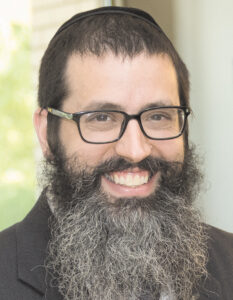
That, she said is the biggest strength of Hillel, and comes through the expertise of longtime Hillel teachers, Rabbi Levi Simon, who has served as Hillel’s director of Judaics for 12 years, and primary grade Judaics teacher Sandy Sloane-Brenner, who holds Hillel’s record as its longest-serving teacher.
“They are an essential part of the success of the school,” Mecoli said. “They model Jewish values for students and staff alike.”
Each year, Hillel selects a different theme based on a Jewish value.
“It permeates everything we do,” Mecoli said. This year’s theme, drawn from Ethics of the Fathers, is: Who is wise? One who learns from everyone.
She said the school makes an effort to welcome people across all streams of Jewish life.
“We invite every rabbi, and every rabbi comes through to be here for a Rosh Chodesh (new month) luncheon. They’re presenting something each month. They see that we’re a big tent and that everyone is participating from the community.
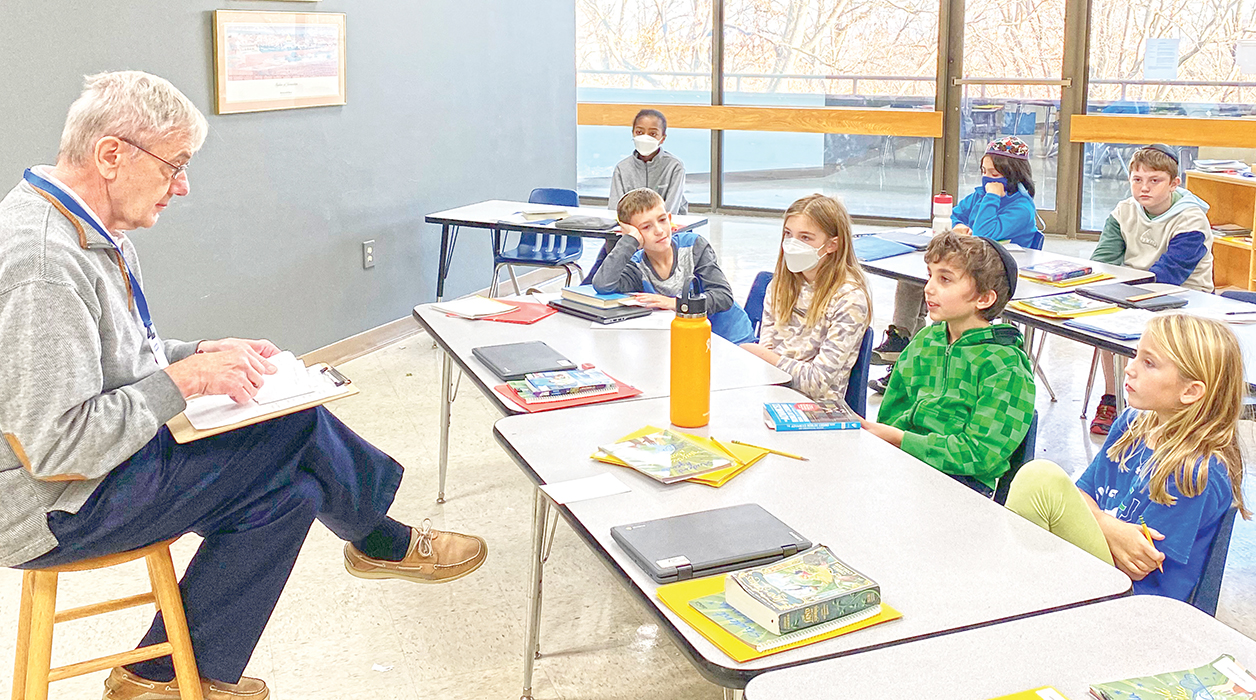
“We probably have more Reform children than Orthodox but everybody’s under the same tent. We’re instilling in our kids that you maintain your identity. You’re proud of your identity. But you also reach out to meet someone where they are.”
Some families, Mecoli said, enrolled their children at Hillel during the pandemic because they heard the school remained open and was careful about mask usage.
“They have frankly said they would not have considered it. They’re still here. That has been really positive. Because our best advertisement has been word of mouth from parents. All of the families were Reform. It just wasn’t on their radar. They didn’t have anything negative about it, it was just they wouldn’t think about a Jewish day school. But their kids are still here after three years.”
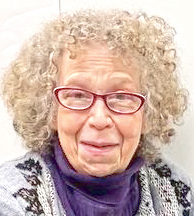
Sandy Sloane-Brenner, who began teaching at Hillel Academy 50 years ago, has seen more changes than anyone there. What hasn’t changed, she said, is that children love learning about Judaism.
“They love the Torah portions, they embrace davening (praying),” she said. “It brings joy to my heart that they want to continue to learn Judaism and they ask a lot of questions about it. My goal is for them to embrace who they are. And it hasn’t changed. I don’t feel I’m teaching a course. I feel I’m teaching a lifestyle.”
Andy Schwartz has been president of Hillel for a decade. When asked how Hillel has made it to 60, he answered, “Evolving with the times. We’ve evolved as the needs of the community have changed. We get good feedback from parents when kids go to another school after Hillel. We try to respect everyone’s differences and try to talk about those differences. It helps kids see the commonalities more than the differences. It makes a huge difference if they see the Jewish community as one people versus different segments. And that’s really wonderful. We are thankful for all the teachers who have helped make Hillel a special place in our community.”
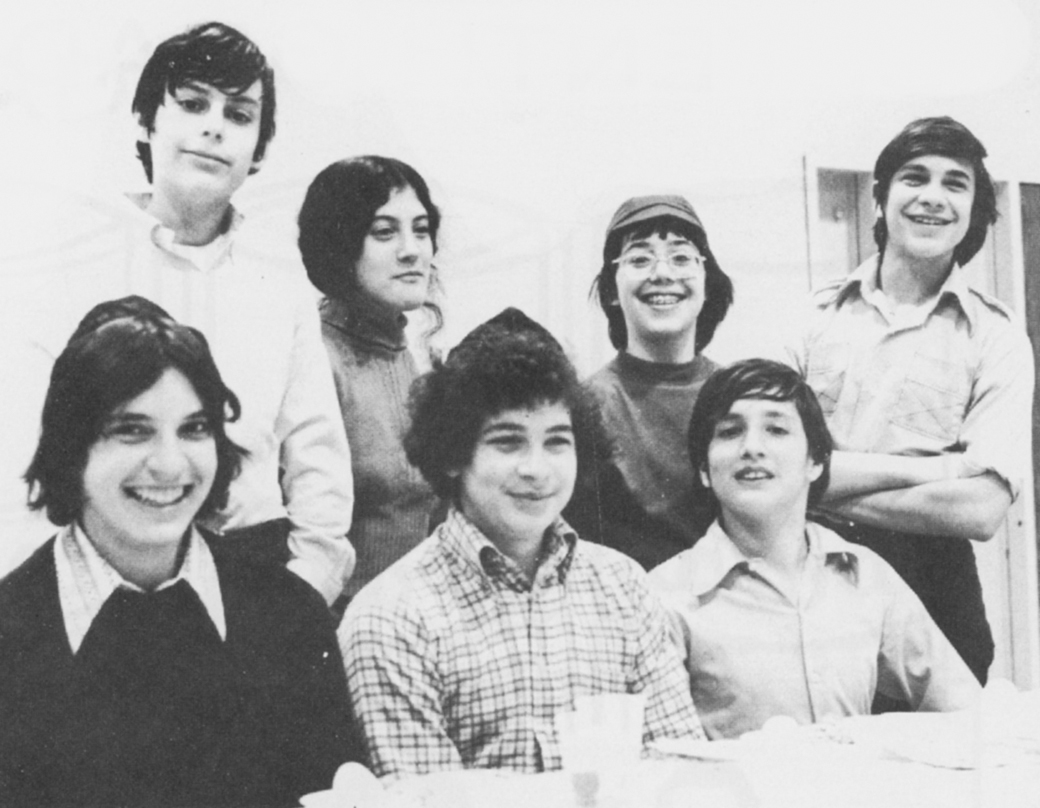
To read the complete December 2022 Dayton Jewish Observer, click here.


